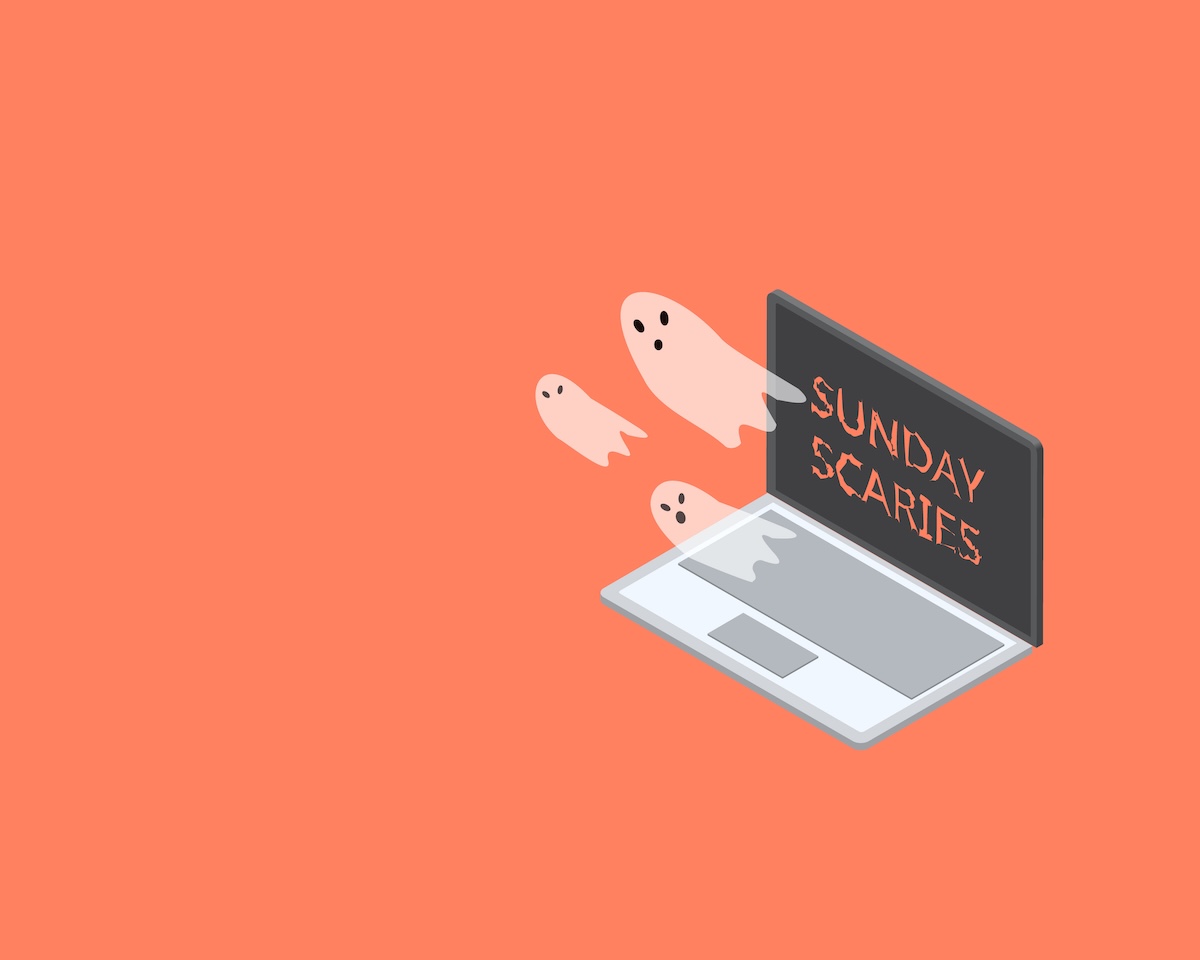A skill with a price
What we say and do as we work with others has a profound effect on mindset and motivation in the workplace. We get to choose whether our presence is regulating and helpful or upsetting and stressful. A major challenge that stands in the way of this choice is our tendency to judge others. Human beings are masters of comparison. Our ability to think abstractly, which includes evaluating the similarities and differences between two or more things, is what distinguishes us from other animals. Unfortunately, when it comes to supporting the people around us to foster a strong social culture, this “skill” can get in the way.
A pattern of judgement
It goes without saying that we each have a different lived experience. What’s often underrated is the fact that our experiences lead us to respond differently to challenges, both in action and in emotion. Because we are social creatures, always comparing ourselves to others, when we see someone respond to a situation in a way that doesn’t make sense to us, sometimes our instinct is to judge them.
Why on Earth would they try to do it that way?
Why are they struggling so much?
Half of our team finished with no issues. What gives them the right to complain?
While this impulse may feel like it comes from a place of justice, often its true function is to shield us from our own feelings of inadequacy.
I’m miserable, too, but I don’t complain. Why should they get to?
Deep down, we know that we don’t always know how to do things in the most efficient way and that we can’t always handle every curveball that comes our way with grace. When we see others demonstrate this or admit it out loud, we feel our own weaknesses exposed.
A culture of invalidation
Left unchecked, these impulses can create a culture of silent (or not so silent) judgement, in which people expect everyone else to make-do without the support of others. Those who ask for help or affirmation may find their needs and emotions invalidated and learn not to ask.
A common way this happens is when a leader within an organization treats problem-solving as critique of the way they run things and the raising of concerns as complaining. This viewpoint trickles down through lower-level leaders and can have a chilling effect on collaboration and the identification of serious problems.
Not only is this culture painful to exist in — it’s counterproductive and can even be dangerous in fields where bodily safety is at risk.
The bottom line is that, in order to thrive, humans need to feel seen by members of their social group, which requires that their concerns be taken seriously. Furthermore, the exchange of ideas in the form of advice is essential to productivity and innovation in industry. People need each other to do just about anything well.
What keeps us from supporting others?
Because most of us have lived some or all of our lives subject to a culture of judgement and comparison, helping and validating others can feel unnatural. It can even deplete our energy. This is not because it’s inherently difficult to say supportive things or do favors for others but because we’re 1) out of touch with these skills, 2) the people we’re trying to help aren’t equipped to return the energy we give them, and 3) we may have a low baseline of emotional resources ourselves. The good news is that practice lowers the amount of emotional resources necessary to validate others’ emotions. In addition, the more we contribute to a culture of understanding and validation, the more likely it is that others will have the energy they need to replenish our emotional resources. The development of emotional resources within a community is a self-sustaining cycle that intensifies as more people participate in it, generating exponential returns.
Where do I begin?
Some simple steps to creating a well-resourced emotional culture are shown below. First, it is important to recognize when you are judging (steps 1 and 2) and second, to shift to a more empathetic response (steps 3 and 4).
- What experience might this person be having/may they have had that is informing their actions/words in this situation?
- How is my experience informing my reaction to this person’s actions/emotions?
- Do I have the energy to offer this person my support?
- (If the answer is yes.) Without entirely understanding this person’s actions/emotions, what can I do or say to support them in this moment, understanding that my offering helps both of us?
Below are some simple examples of statements that help make the shift from judging to empathizing. These statements don’t require that you completely understand what other people are going through in order to have an impact.
That sounds really hard; how can I help you with that?
I can’t understand what you’re going through, but I see how much you’re struggling right now.
I’m sorry you’ve had to deal with this.
I would feel _____ too, if I were in your situation.
Here’s a concrete example that shows how the shift to empathy might be applied in a typical work situation:
You’re working overtime on a project with a coworker. The sun has gone down, and the two of you are still at the office. Your coworker points out that some of the slides in the draft PowerPoint deck seem unnecessary for the presentation. He’s frustrated that your supervisor wants all the slides perfectly formatted. You both know that your supervisor will probably throw half the slides out. You’re exhausted by the same task your coworker is complaining about. While you agree with your coworker, something about him bringing it up frustrates you.
Two outcomes are likely in this situation situation, one is the default judging pattern and the other a shift to empathy as shown in the sequence above.
Default Pattern (Judgement)
You begin to fixate on other times your coworker has complained about the project you’re both working on. You think of the frustration you’ve felt, and the things you’ve sacrificed to get the work done. You haven’t complained once throughout the whole ordeal. You communicate this judgement as follows:
“Well, the reports need to be in there so that A. can decide whether or not we want to show them to the board,” you say, keeping your eyes on the computer screen. You’re annoyed with the formatting process and are worried that it’s a waste of time, too. You want to continue believing that it isn’t, and your coworker’s comment threatens the story you’re telling yourself. What you said to your coworker doesn’t release the stress you felt when he complained. He may think that something must be wrong with him if you aren’t also frustrated by the situation or feel that you don’t get it and dread working with you more in the future.
New Pattern (Shift to Empathy)
You begin to think about other times your coworker has complained about the project you’re both working on. You think of the frustration you’ve felt, and the things you’ve sacrificed to get the work done. You haven’t complained once throughout the whole ordeal. But you interrupt this pattern. Realizing that you and your co-worker are not the same person, you see that you can’t use yourself as a model for him. You shift by thinking about who he really is.
- You know your coworker has a young child, who he probably wants to get home to. It would be hard, in his situation, to feel like a Powerpoint is more important than time spent with his family. You live alone, so how would you know what that feels like?
- You also realize that the first time you learned to do hard work was in an office where you received hardly any praise for it. You learned not to ask for support, but that hasn’t always been an asset. Sometimes it’s hard to muster the motivation to do good work by yourself, and you do wish your boss gave you positive feedback more often.
- You’re really tired, but you’re spending a lot of energy frustrated with this project anyways and decide you may as well use it to help someone else feel better.
- You voice your thinking as follows: “Yeah, it’s definitely frustrating that he wants us to polish all these slides when only a few will end up in the final. Hopefully we can find a way to use them on a different project, which will mean there will be less of this kind of work later in the year.”
As you say this, you shift away from judging and begin to empathize with your coworker’s frustration. By saying it out loud, you also vent your own reaction to the situation. In addition, as you consider what to say to support your coworker, you come up with a reason to do the work that’s more assuring and motivating than the story you were telling yourself earlier. Your coworker thanks you for your support and offers his sympathy that you’re stuck working on the project, too. Both of you are invigorated by the support and find the energy to make the slides interesting.

![The Perpetual [Emotional] Energy Machine](https://cdn.prod.website-files.com/64906470011b94ba5d482f74/65217ec5d58d152a125af945_AdobeStock_170167711.jpeg)






